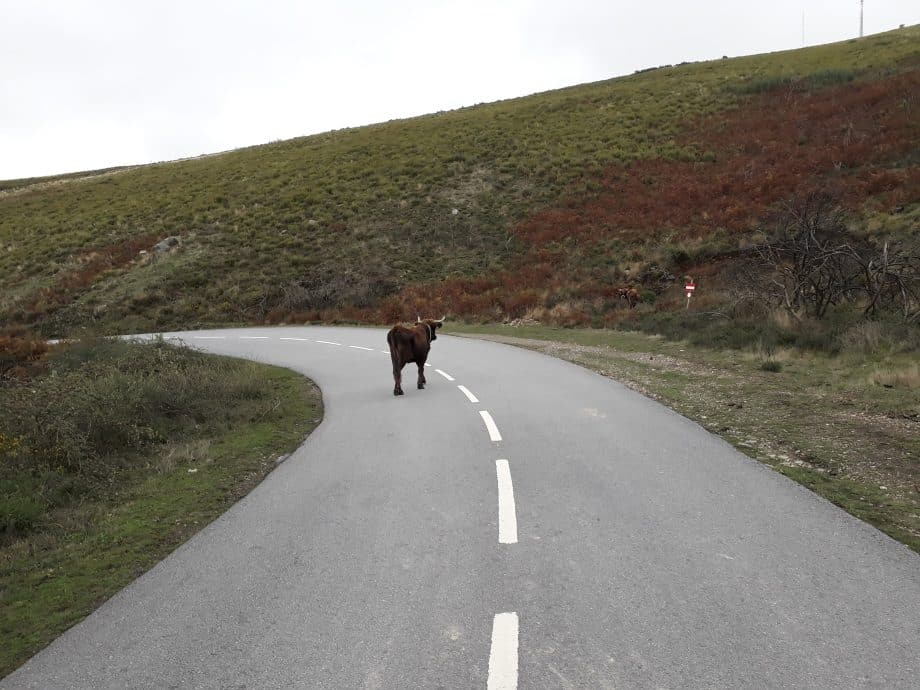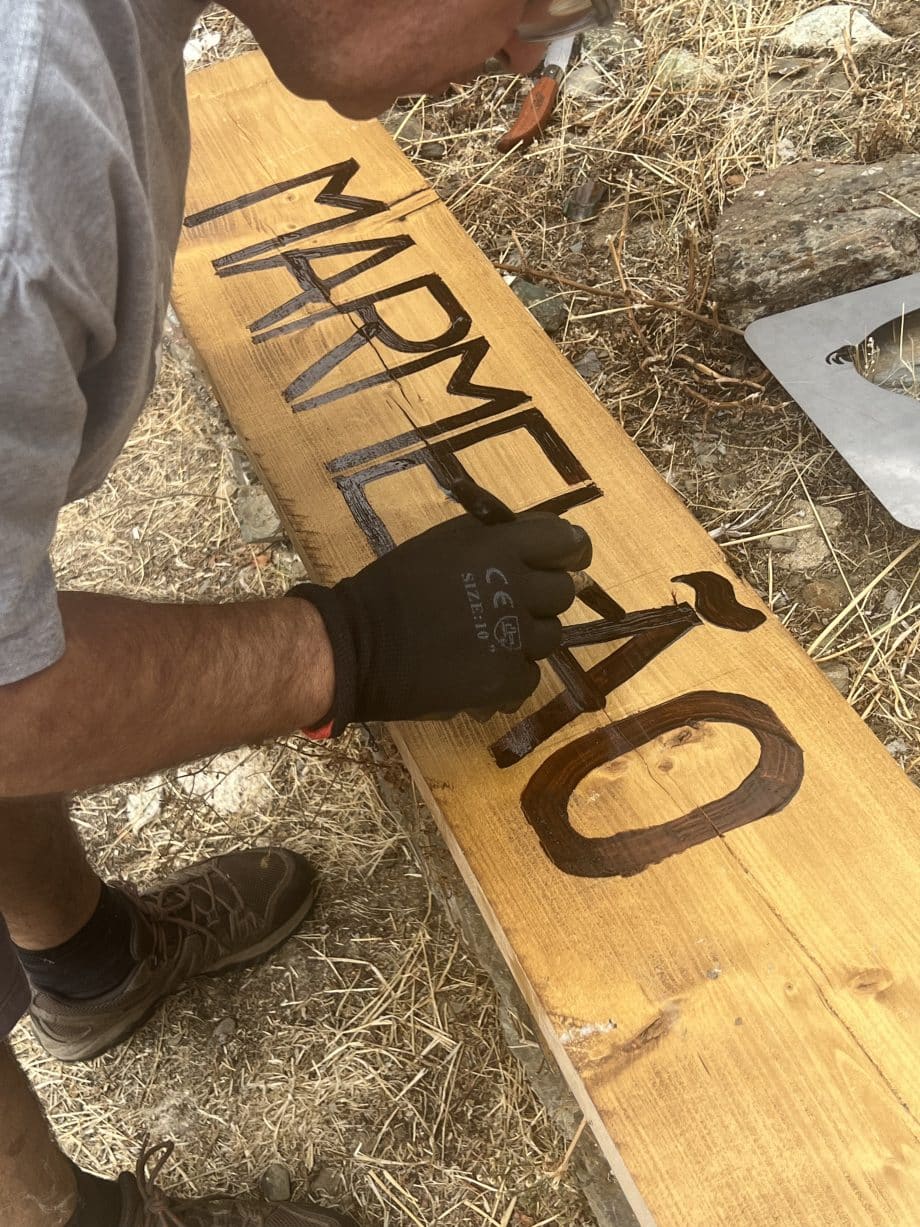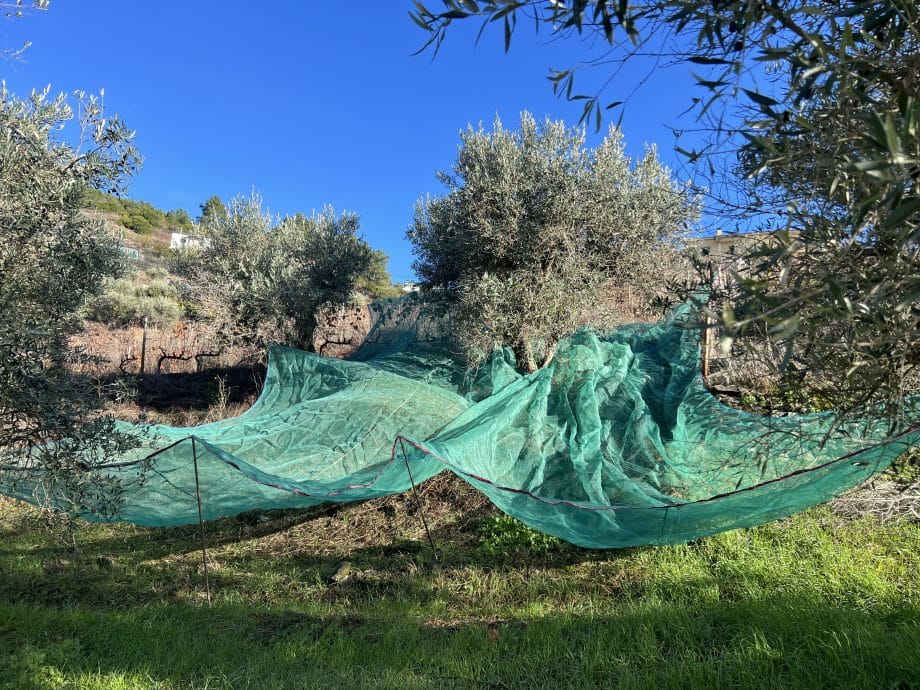The Maronesa breed is one of Portugal’s most unique and resilient cattle breeds, deeply connected to the rugged landscapes surrounding the Douro Valley. As a breed that has thrived for centuries in the mountainous regions of Trás-os-Montes, the Maronesa is a living testament to the country’s rich agricultural heritage and the importance of preserving native breeds.
The Heritage of the Maronesa Breed
The Maronesa breed descends from the ancient aurochs, making it uniquely adapted to survive in harsh environments. These cattle are known for their ability to consume wild grass and bushes, including lignin-rich vegetation, which many other breeds struggle to digest. This natural grazing behavior not only sustains them but also plays a crucial role in reducing the risk of wildfires in the mountains near the Douro Valley.
Free-Range and Sustainable Farming
Unlike conventional cattle farming, Maronesa cattle are raised in a completely free-range environment. They roam the mountains independently and are monitored using GPS devices to ensure their well-being. This traditional yet technologically enhanced method of cattle management aligns perfectly with sustainable farming practices.
Their ability to graze on wild vegetation helps manage the landscape, improving soil quality and reducing the accumulation of flammable materials that contribute to large-scale forest fires. This makes the Maronesa breed not only an important agricultural asset but also a key player in environmental conservation efforts in northern Portugal.
The Unique Flavor of Maronesa Meat
Maronesa beef is renowned for its rich, wild, and robust flavor, reflecting the rugged terrain and natural diet of these animals. Unlike factory-farmed cattle, which rely on processed feeds, the Maronesa diet consists solely of what nature provides in their mountainous habitat. This results in lean, flavorful meat with a distinctive taste appreciated by chefs and food enthusiasts.
The Importance of Preserving Native Breeds
Preserving Portuguese native breeds like the Maronesa is essential not only for maintaining biodiversity but also for sustaining traditional farming practices that are environmentally responsible. The continued breeding of Maronesa cattle helps protect the cultural identity of the Douro Valley and its surrounding regions, ensuring that traditional livestock practices remain viable for future generations.
A Connection to the Douro Valley
While the Douro Valley is best known for its world-famous wines, its agricultural landscape is also shaped by livestock farming. The Maronesa breed contributes to this diverse ecosystem, playing a key role in maintaining the balance between traditional farming, environmental preservation, and culinary heritage.
As the demand for sustainable and ethically sourced meat grows, the Maronesa breed stands out as a perfect example of how tradition and modernity can coexist in harmony. Supporting local farmers who raise Maronesa cattle not only helps sustain a centuries-old tradition but also contributes to a healthier planet and a more sustainable food industry.



